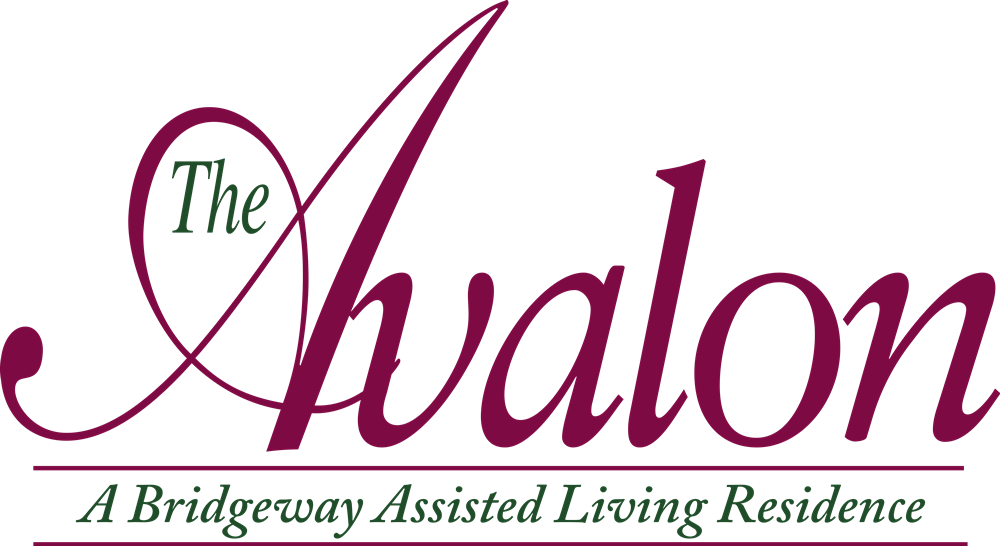|
The absence of illness or disease is only one aspect of health and wellness. At Bridgeway Senior Healthcare, we prioritize providing nutritious food options while still granting residents autonomy and freedom of choice.
Use the Food Pyramid as a reference, which lists the elements of a daily diet that is balanced. It is a diet strategy that emphasizes diversity, proportionality, and moderation rather than a strict eating regimen. Elderly people are urged to consume the minimum recommended portions from each of the five dietary groups each day. The following are the five food groups:
Osteoporosis is a problem for senior women. Women should drink the calcium and vitamin D prescribed by their doctors. Individuals who don't like milk can try calcium-fortified milk-based soups, puddings, custards, ice cream, and juice. People's bodies change physically as they get older, which has an impact on how much food we can enjoy. There is a reduction in the number of taste buds, the amount of saliva produced, the ability to feel thirst, and the ability to smell. Taste and smell are interconnected senses. It's common knowledge that as people become older, their perceptions of taste and smell deteriorate. The only two remaining sensations are bitter and sweet. The taste buds can be affected by medications. Some drugs leave a metallic aftertaste, while others leave a bitter aftertaste. To make up for this, older individuals occasionally add excessive amounts of salt to their food, or they may completely lose interest in it. Therefore elders should experiment with different cuisine! A dish that was once disliked may end up becoming a favorite over time. To enhance the flavors of meals, try utilizing herbs, spices, lemons, limes, and natural seasonings. In order to avoid dehydration and irregularity, adequate fluid intake is necessary. Daily consumption of water should be at least eight glasses. Try fruit juices, herbal teas, frozen pops, sorbet, sherbets, gelatins, and flavored ices instead of highly sugared, caffeinated beverages. Physical exercise should be matched with food consumption. At any age, appropriate exercise enhances general health. Frequent exercise helps the heart and lungs perform better, lowers blood pressure, and promotes a sense of well-being. Walking, swimming, Tai chi, cycling, gardening, and supervised weight training are among the recommended exercises for seniors. Before starting any workout program, personal doctors should be contacted, and exercises must be done under close supervision. Elderly people who exercise have better agility, endurance, strength, flexibility, and balance, which lowers their risk of falling. Exercise that is moderate in intensity puts weight on your bones and supports bone density. Hip fractures, a common cause of injury among the elderly, are made more likely by weight reduction beyond the age of 50. Women who are already underweight and at higher risk have a higher incidence of hip fractures. Regular exercise and a healthy diet are investments in your long-term quality of life.
0 Comments
Leave a Reply. |
|
QUICK LINKS
|
Award-winning care as recognized by
Your comments and satisfaction are important to us.
Consider writing a review on Google or Facebook. |
© 2024 Bridgeway Senior Healthcare. All Rights Reserved | Privacy Policy | Sitemap






